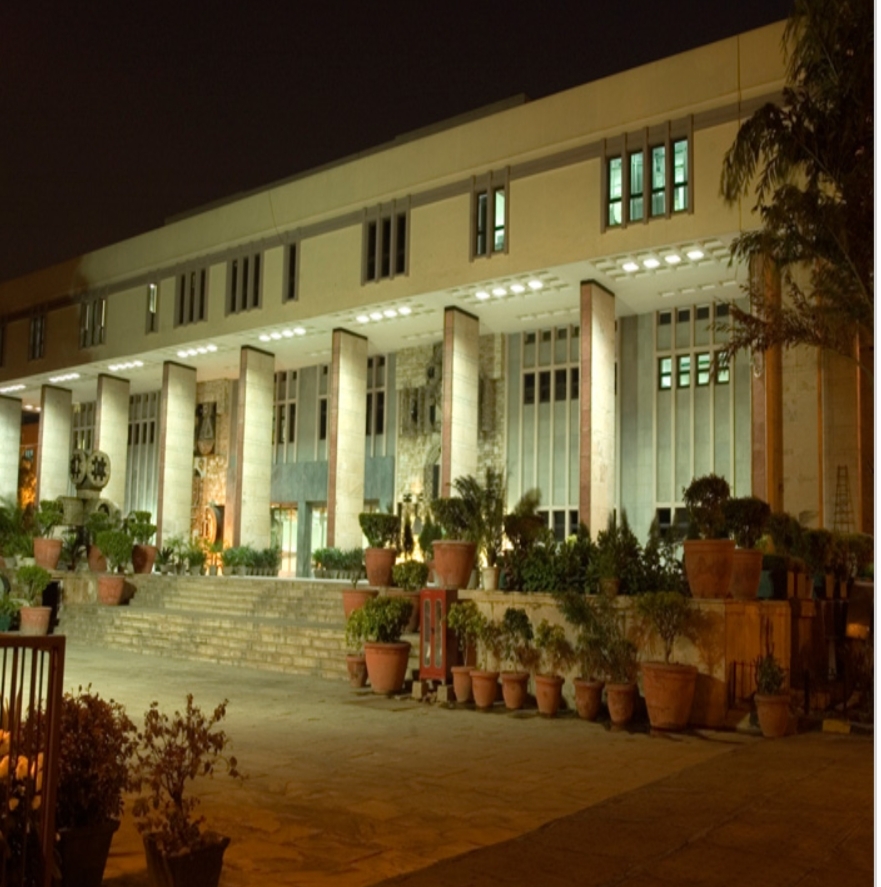In the realm of luxury goods, Louis Vuitton has consistently thrived as a high-end brand. Since its inception in 1854, the brand has consistently led trends and established new standards in the world of fashion. Louis Vuitton is a premier craftsmanship and innovation brand that started off as a high-quality luggage-making company. Today, Louis Vuitton forms a major part of the LVMH Company, which has a portfolio of more than 75 world-renowned brands. The iconic ‘LV’ monogram that was designed in 1896 represents not just fashion but exclusive luxury. The brand even owns three exclusive stores in India. In a recent case, Louis Vuitton Malletier (Plaintiff) vs. Abdulkhaliq Abdulkader Chamadia & Ors. (Defendants) the Delhi High Court delivered a decision in the plaintiff’s favour, which was a big win in terms of its brand protection and identity.
The dispute began in June 2023 when Louis Vuitton found that the Defendants were carrying on the business of counterfeit products i.e. shoes and other accessories like sunglasses, wallets etc. bearing the trademark ‘LV’. The Defendants were based in Surat, Gujarat operating through a web of several retail outlets, storage facilities, online sales, Instagram and Telegram accounts. Further, it was revealed that the Defendants were using sub-domains of www.selloship.com that was managed by one of the Defendants to carry out the illegal trade. A test purchase was also made to confirm the trade of counterfeit products. Thus, Louis Vuitton, initiated legal proceedings against the Defendants for trademark infringement and for passing-off to prevent the dilution of the brand’s reputation and goodwill.
On June 5 2023, the Court passed an ex-parte interim injunction against the Defendants, thus, restraining them from engaging in trade of counterfeit goods. The Plaintiff’s counsel, Ms. Rishika Aggarwal, submitted extensive evidence, including photographs, social media screenshots, and test purchase records, to prove that the Defendants were carrying out illegal trade. Despite summons, the Defendants failed to file written statements or present any arguments from their end, leading the Court to pass an ex-parte order. The Court analysed the entire plaint in a detailed manner and took note of the fact that the mark ‘LV’ has been declared as a ‘Well-Known Mark’ in several past judgements in India.
On hearing the arguments on behalf of the Plaintiff and analysing the material on record, Justice Amit Bansal acknowledged the fact that the ‘LV’ marks are truly reputed for their distinctiveness and global reputation. The Court relied on the case of Satya Infrastructure Ltd. v. Satya Infra & Estates Pvt. Ltd., 2013 SCC OnLine Del 508, as the facts of both the cases were pretty similar in nature, wherein the Defendants in both the cases had failed to present their side of the arguments. The Court held that the Defendants had unlawfully used the Plaintiff’s marks on their products to mislead the consumers and had tarnished the Plaintiff’s goodwill and reputation. The Court also held the Defendants guilty of passing-off by deceiving the consumers by making them believe that they were purchasing genuine products. Justice Amit Bansal also highlighted the fact that since the Defendants had failed to file written statements or contest the suit, the allegations by Louis Vuitton in the plaint were admitted by default and the suit was capable of being decreed as per Order VIII Rule 10 of the Code of Civil Procedure, 1908,
Ultimately, the Court passed a permanent injunction in favour of the Plaintiff that restrained the Defendants from manufacturing, selling or distributing counterfeit products with the Plaintiff’s trademark. The Court also passed a decree of delivery up to deliver all the infringing and counterfeit products that were seized during the execution of the Local Commission. The Court also ordered the blocking of the sub-domains that were used for the counterfeit trade and awarded the Plaintiff with actual costs of the litigation that would be determined by the Joint Registrar.
The ruling of the Delhi High Court in favour of Louis Vuitton sets a powerful precedent for the protection of well-known trademarks in India. This case, highlights the need for brands like the Plaintiff to protect their marks and artistic works in the most vigilant manner. It also outright sends a solid message to existing counterfeiters who use tech platforms to carry out their illegal business. In the future, luxury businesses must invest their funds in new tracking and surveillance related techniques to ensure their rights are not infringed. In a dynamic fashion arena, public awareness through campaigns is crucial in order to deter the demand for such counterfeit goods.
Policymakers should also develop stringent enforcement mechanisms with respect to intellectual property thereby implementing rigid penalties for infringers such as the Defendants. The ruling, albeit a victory for Louis Vuitton, has shown the collective effort needed to hold the grounds of a fair and reliable marketplace and provide a substantial role for intellectual property rights in modern-day commerce and trade.
Authors: Vyoma Patel & Khushboo Pareek

